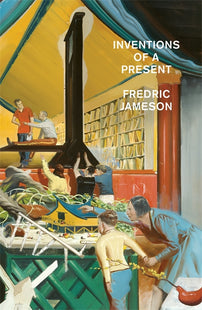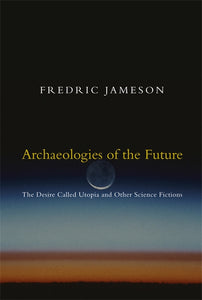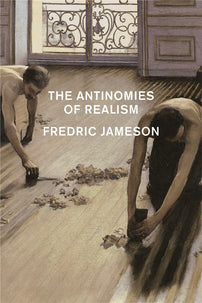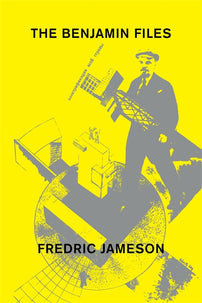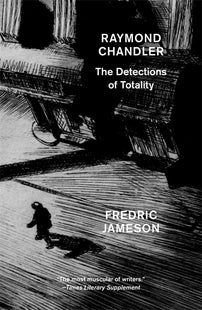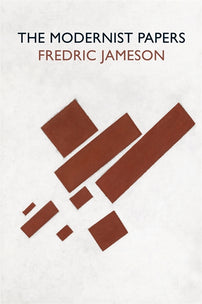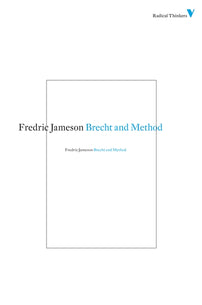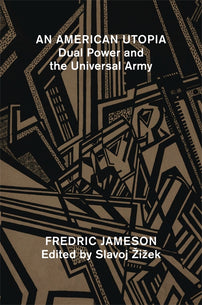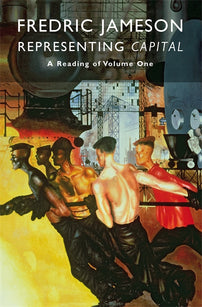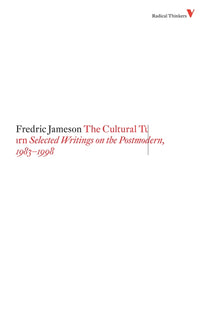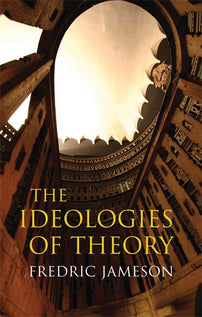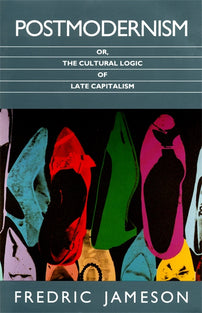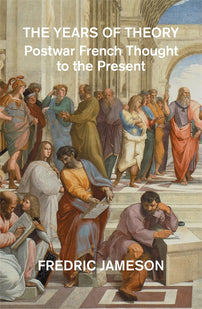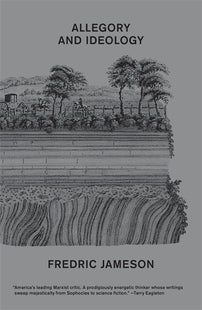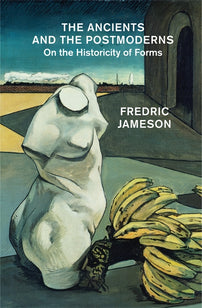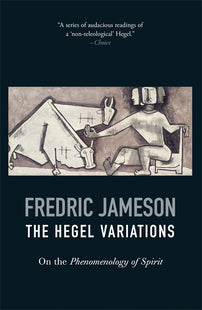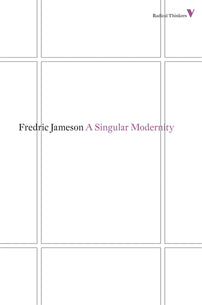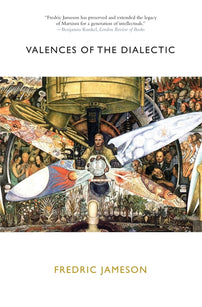Fredric Jameson: A Giant of Literary and Cultural Theory
Complete your Fredric Jameson bookshelf with his final work, The Years of Theory: Postwar French Thought to the Present.

“Exploding like so many magnesium flares in the night sky, Fredric Jameson’s writings have lit up the shrouded landscape of the postmodern.” - Perry Anderson
Fredric Jameson died on September 22nd, aged 90. Few radical thinkers have had such a phenomenal impact on literary criticism, critical theory, and philosophy. We collected some of his best work on modernism, Benjamin, Hegel, and more below.
On the Verso Blog: a series of short essays focused on the major books in Jameson's oeuvre, to celebrate his 90th birthday. Read them all here.
Jameson's final work on the major figures of French theory
[book-strip index="3"]
Literary Theory
[book-strip index="1"]
Critical Theory
[book-strip index="2"]
Philosophy
[book-strip index="4"]
